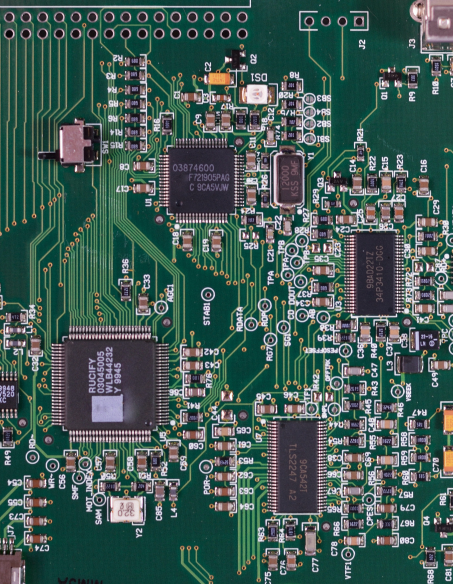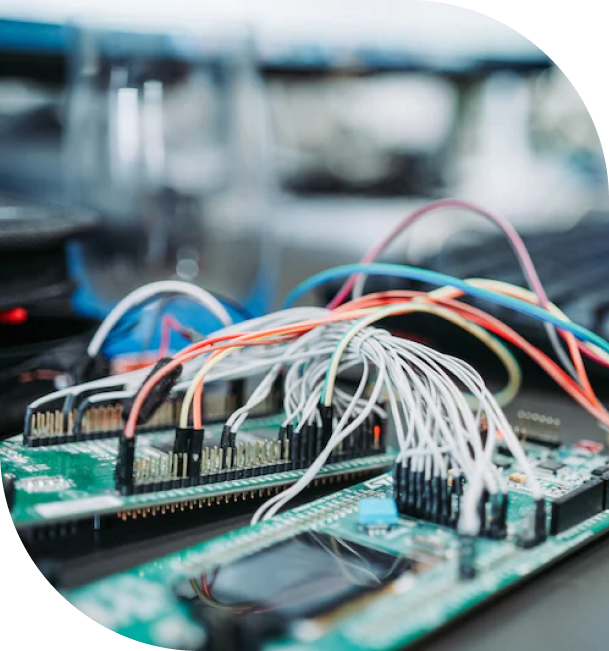Written by Elias Lehman
In Partnership with Quantum Computing at Berkeley




SECTION 1
A quantum annealer is a type of quantum computer that is designed to solve optimization problems in which the goal is to find the maximum or minimum value of a certain function. These types of problems are important in many fields, including finance and industrial operations, and logistics.
During the quantum annealing process, the qubits are gradually “annealed,” or cooled, from a high-energy state to a low-energy state. This is done by applying a series of quantum operations to the qubits, which control their evolution. The goal of this process is to reach the ground state of the system, which is the state that minimizes the energy of the system. In the case of an optimization problem, the ground state corresponds to the optimal solution to the problem. This is because the energy of the system is encoded by the function being optimized, such that the minimum energy state corresponds to the minimum value of the function.
The adiabatic theorem is an important quantum mechanical concept in the operation of quantum annealers. It states that if a quantum system is evolved slowly enough, it will approximately remain in the same state at all times. This means that if the qubits in a quantum annealer are initialized in the ground state of a higher
energy system, then they are allowed to evolve slowly enough to a lower energy system, they will remain in the ground state, which minimizes the energy of the system. This is a careful process – if the qubits are evolved too quickly, they may become excited and reach higher energy states, which can lead to errors in the solution.
Quantum annealers have the potential to revolutionize many fields by providing faster and more efficient solutions to optimization problems. However, they also come with some challenges. For example, quantum annealers rely on a specific sequence of quantum operations to reach the ground state of the system. Any noise or errors that occur during the quantum annealing process can lead to incorrect solutions. Quantum annealers are specifically designed to solve optimization problems and are not as versatile as other types of quantum computers, which can be used to perform a wider range of quantum algorithms. This means that quantum annealers are limited to a specific set of applications. These challenges can limit the ability of quantum annealers to solve complex problems and may limit their widespread adoption. Still, quantum annealers are an exciting development in the field of quantum computing and have the potential to have a significant impact.

SECTION 2

quantum chemistry: simulating the quantum mechanical effects of molecules. Quantum computers perform operations on quantum states, allowing them to accurately mimic the behavior of other quantum systems without classical limitations. These purely quantum simulations can be used to predict the properties of atoms and molecules, which is valuable for understanding chemical reactions, designing new materials, or discovering new drugs. Unfortunately, this potential is unachievable until we elevate from the NISQ era, but given a simple enough simulation, we can emulate the effectivity that today’s quantum computers, and those to come in the future, have in solving these types of problems.
When simulating a quantum computer classically, one uses a classical computer to mimic a quantum system’s behavior. This is primarily because of accessibility – despite their high cost, even the most advanced CPUs and GPUs are much more widely available and easier to use than quantum computers. Classical computers are also much more reliable and far less prone to errors than quantum computers, as we saw in Chapter 4. State-of-the-art simulators are possessed by leaders in quantum computing, as well as classical computing, and national research facilities.

While we wait for quantum supremacy to address intractable computational challenges, we need to study the potential impact of quantum computers and which approaches will be best applied to which of these problems. To do so, researchers are utilizing advanced classical computers, a combination of high-power GPUs and software, to replicate quantum computation. These quantum simulators do not avoid the limitations that classical computers face when attempting to perform algorithms of exponential complexity. Rather, we can apply these simulations to classically solvable problems or run primitive quantum algorithms and protocols to test the performance of a particular quantum computing architecture. Furthermore, we have the ability to control the amount of noise that our simulations experience, giving researchers the ability to test how accurately certain problems will be solved on quantum computers across different generations with varying levels of noise.
To take early first steps towards practical uses for quantum computing, we experiment using classical simulators that are designed to mimic the real behavior of noisy quantum computers. These give insight into which quantum computer design is best suited for which problems. Take, for example, a problem in

Quantum computing companies, such as Xanadu, and IBM offer specialized simulators designed around the specifications of their quantum devices, whereas Amazon and Microsoft offer a suite of simulations that replicate various types of quantum computers and run on in-house classical hardware.
Leading GPU manufacturer, NVIDIA has pivoted its focus toward quantum computing in recent months, curating a hybrid computing platform with an emphasis on quantum simulations.
Currently, classical simulators allow us to study the behavior of quantum systems at much larger scales than is currently possible with quantum computers. They can be useful for studying the performance of quantum algorithms and protocols, or for testing the accuracy of quantum simulations performed on a quantum computer. However, it’s important to note that classical simulations have a ceiling as classical computers struggle to simulate complex quantum systems. Gradually, quantum computers will begin to achieve supremacy in the simulations of quantum systems.
[ivory-search id=”2367594″ title=”Custom Search Form”]
One of our team will be in touch to learn more about your requirements, and provide pricing and access options.